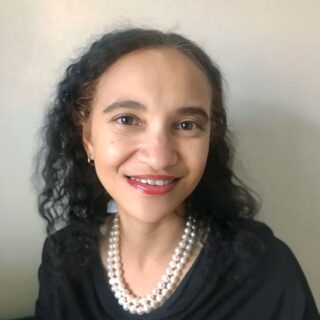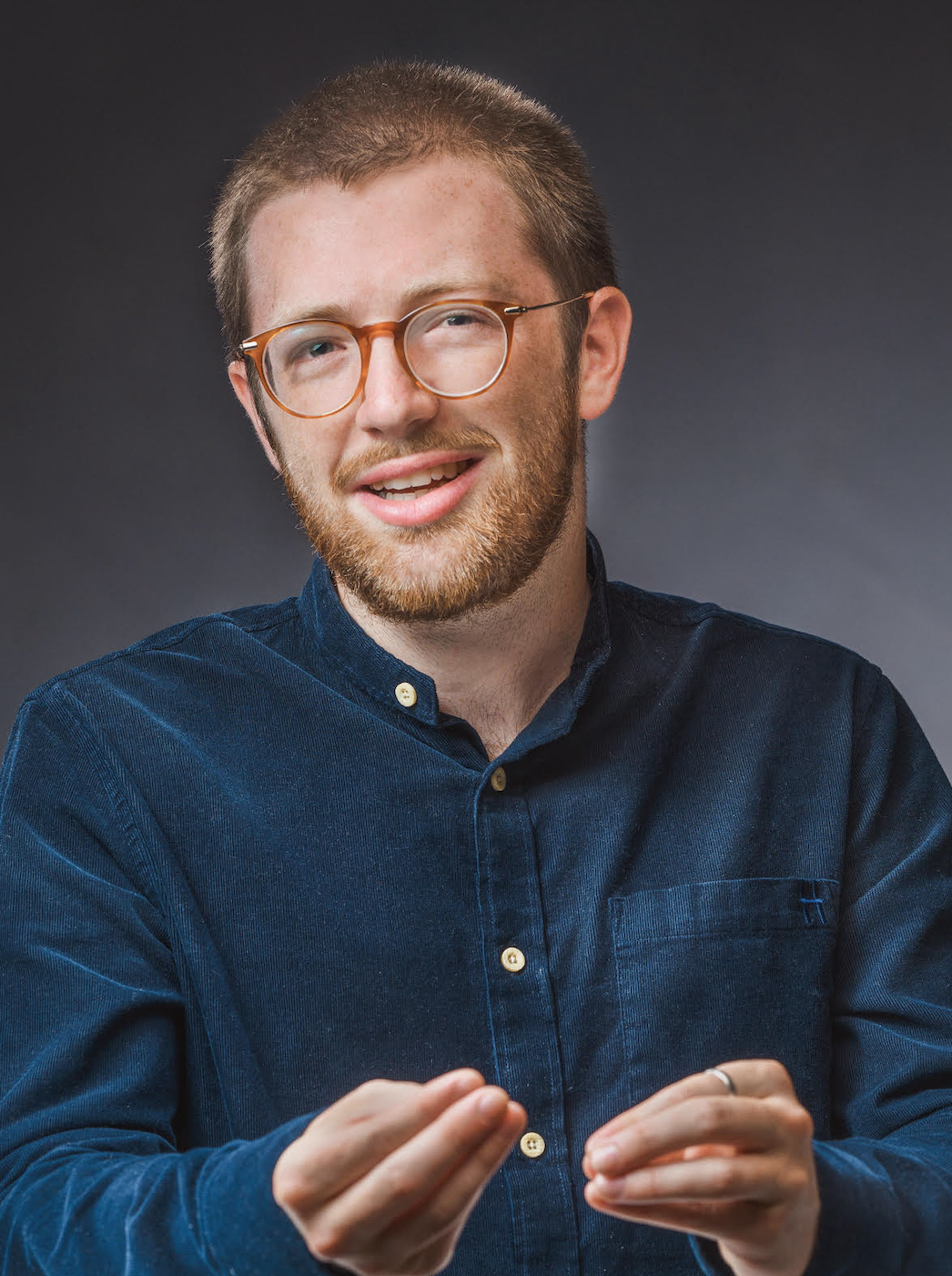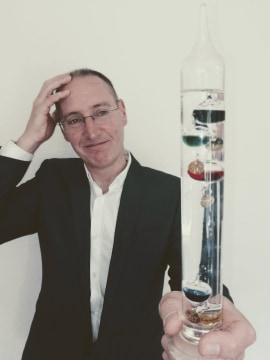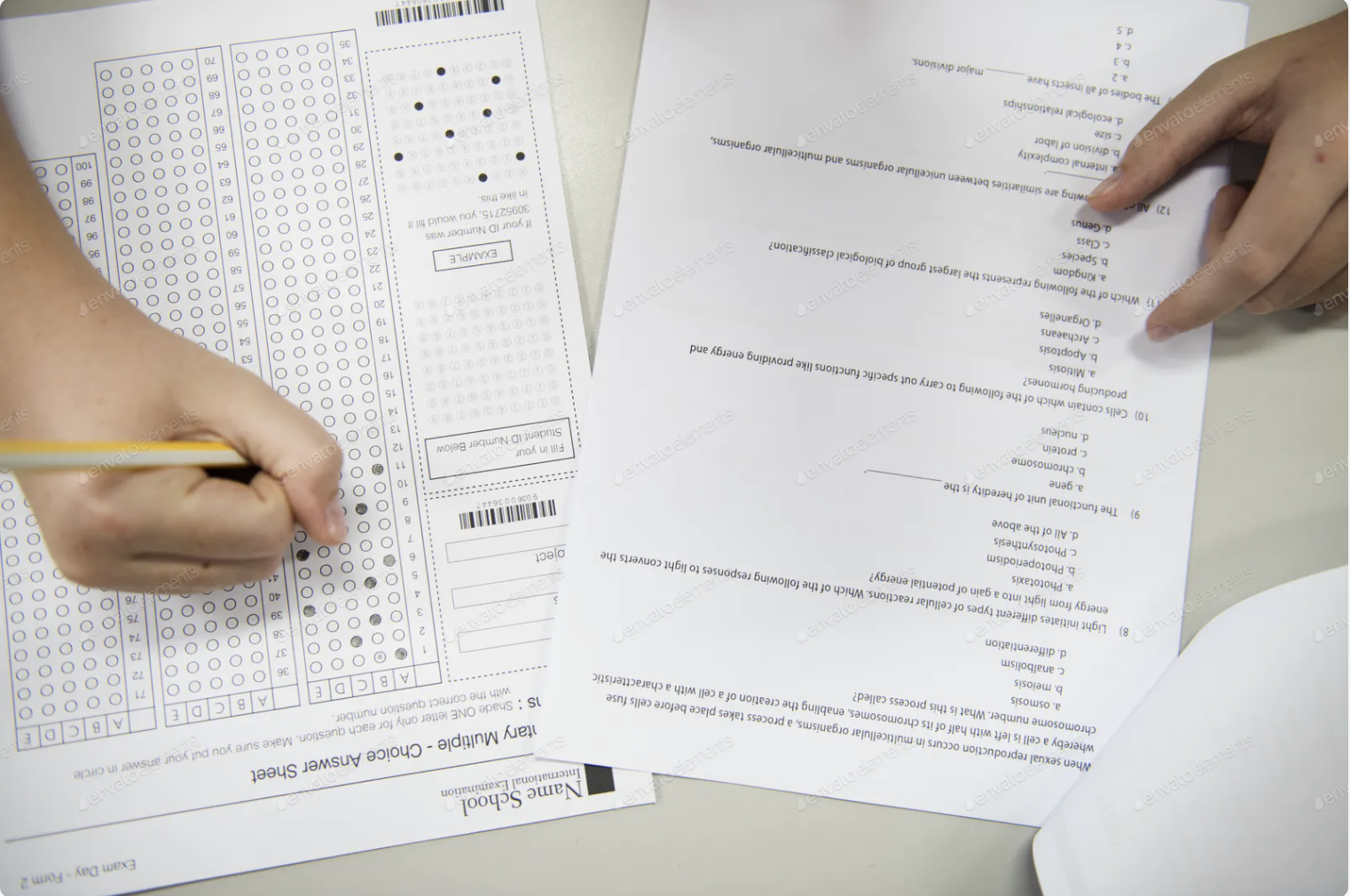How students can ace their TOK essay | Guest Blog |

How students can ace their TOK essay
The statement, There’s nothing like TOK, is one that will surely be widely endorsed among IB teachers, students and parents. Teachers might say it proudly, students might say it agonizingly and parents might say it exasperatedly, but everyone will unhesitatingly agree that TOK, or Theory of Knowledge, is a very different sort of course from any other one offered in the IB Diploma Programme.

But from this basic consensus divergences rapidly arise, with many students convinced that TOK is some highly arcane and essentially pointless hoop that the IB powers that be mysteriously make them jump through, typically brushing it aside until the last possible moment before frantically engaging a battery of tutors in the hopes of somehow muddling through.
I look at the matter very differently however. For me, TOK is the lynchpin of the entire Diploma Programme, the one course that truly separates it from every other high school curriculum and the one with the greatest potential to truly change a student’s life. Everyone talks about “critical thinking”, but by creating the Theory of Knowledge course and placing it squarely in the core of the DP Programme, the IB has moved well beyond mouthing clichés, instead providing an explicit opportunity for students to do something far more significant than simply absorb specific facts: TOK gives them a precious opportunity to learn how to learn.
As it happens, TOK is the reason why I elected to create Ideas Roadshow’s IBDP Portal to begin with. As someone who had the unique opportunity to build and run an international research institute from scratch, I’ve learned a thing or two about transferable skills, critical thinking and the essential difference between believing something and rigorously assessing why you believe it. And I’ve learned from years of experience that this vital distinction, often widely unappreciated by those who equate “knowing something” with getting a good grade on a test, is precisely what separates the upper echelon of world-leading researchers from the many followers.

Understanding precisely how it might be that today’s “knowledge” is often tomorrow’s “misconceptions” is a key component to the success in any field, which is why I was particularly excited to produce hundreds of explicitly TOK-oriented videos with dozens of different experts in history, biology, literature, psychology, anthropology, mathematics, geography, political science, physics and more. The point isn’t that TOK is “interdisciplinary”; it’s that a proper understanding of the principles of TOK is necessary for appropriately deepening one’s knowledge in anything.
And as vital as a proper understanding of TOK is for academic success, it is arguably even more important for simply making one’s way in the wider world. The recent
pandemic we are all struggling through, for example, is providing no shortage of exceptionally vivid examples of the fundamental power and importance of TOK thinking and the dangers of not having it in our toolkit.
What if, in the spring of 2020, more people had asked themselves, Under what circumstances can we be certain that COVID-19 will follow the same trajectory that SARS and MERS did before? Or, Does the fact that I am exhibiting specific symptoms provide proof that I am infected? Or even, Can I be sure that I am not contagious? Repeatedly asking ourselves any of those sorts of questions would surely have led to a much faster awareness of how the presence of asymptomatic cases can wreak havoc with our efforts to control a global pandemic.
Meanwhile, instead of complaining about the prospect of being forced to take a booster shot or adamantly protesting that a vaccine was developed “too quickly”, why not pause and ask ourselves, To what extent can we know how long immunity will last? Or, How can we be certain when a vaccine is working? Investigating those questions in detail will rapidly open up a whole world of cutting-edge medical understanding that will surely do vastly more to inspire a curious mind than any high school biology course ever would on its own.

So yes, TOK is quite different from any other course an IB student will take. It is conceptually demanding, at times maddeningly confusing, and necessarily requires the development of an entirely different perspective than most students are familiar with. But embracing the unique opportunity that TOK offers amounts to a lot more than just getting a few necessary points for your IB Diploma. It might well just change your life. And everyone else’s too.
Book free trial with our certified IB TOK teachers today
100 % of tutors are certified teachers and examiners
— Howard Burton
Howard holds a PhD in theoretical physics and an MA in philosophy, and was the Founding Executive Director of Canada’s Perimeter Institute for Theoretical Physics. He is the creator of Ideas Roadshow’s IBDP Portal which offers a user-friendly platform of authoritative, engaging video resources featuring world-leading experts and helpful supporting materials specifically created for students to help them ace the DP core requirements, in particular TOK and the Extended Essay.
Individual student subscriptions to Ideas Roadshow’s IBDP Portal can be purchased for $200 per year, here: https://ideasroadshowibdp.com/subscribe/.
Ideas Roadshow’s IBDP Portal offers a wide range of success-oriented video and digital print resources explicitly designed to support students with both the TOK essay and exhibition. The extensive collection of “TOK in Action” resources highlight the real-world relevance of TOK in today’s research across all disciplines by tangibly demonstrating how TOK-related thinking is integral to successful problem-solving and gaining knowledge.
Students will have access to different perspectives from top international researchers who all come from different backgrounds and cultures. The PDFs that come with each video plus additional supporting materials provide students with all the TOK tools they need to excel!
Resources for the TOK Essay & Exhibition include:
All 300+ Ideas Roadshow TOK expert resources – TOK Clips, TOK Compilations and TOK Samplers – come with a helpful 1-page PDF specifying:
- related AOKs;
- connections with 1 or more particular optional themes;
- associated concepts corresponding to the knowledge framework;
- related IA prompts for the TOK exhibition;
- other related Ideas Roadshow TOK resources;
- 3 sample knowledge questions specifically related to that particular video;
- citation details.
Included are also: a series of 6 TOK Essay Practice videos, instructional videos on how to build a successful TOK Essay and prepare a great TOK Exhibition, and much more!
For further information or questions please contact .















